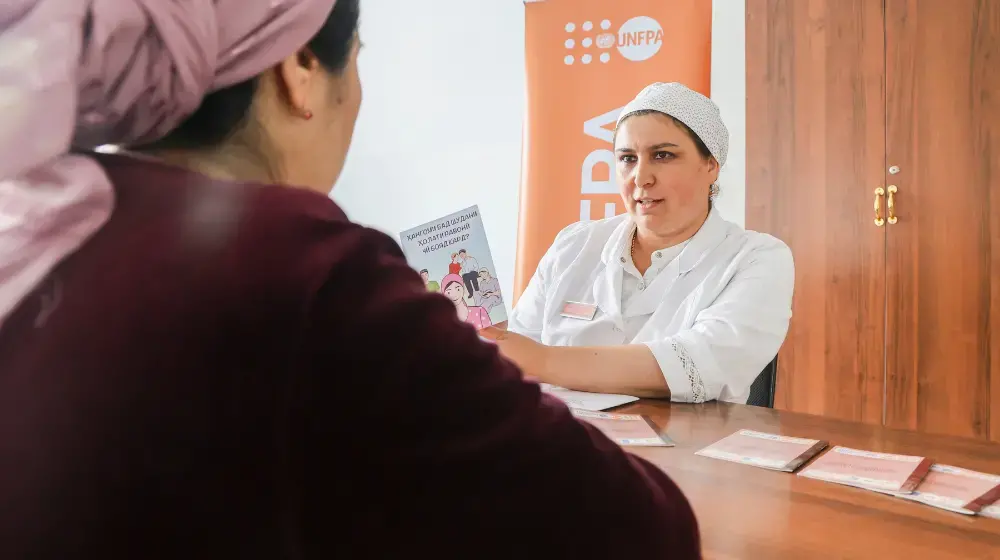ISTANBUL, 11 July 2023 – Without significant improvements in gender equality, the countries of Eastern Europe are unlikely to overcome the demographic crisis they are facing, the United Nations Population Fund (UNFPA) Regional Office for Eastern Europe and Central Asia warned on today’s World Population Day.
Decades of outmigration and low birthrates have left countries in Eastern Europe with declining and ageing populations. Efforts by governments to address the crisis by trying to boost birthrates have largely failed.
“Many people still think that if only women had more children, our demographic worries would go away,” said Florence Bauer, UNFPA’s Regional Director for Eastern Europe and Central Asia.
This is very unlikely to happen: no country in Europe has succeeded in bringing birthrates to anywhere near the level required to halt, or even reverse, population decrease. And attempts to get women to have more children can easily put at risk their reproductive rights and equal status in society.
“When women’s bodies are seen as mere instruments to achieve abstract population ideals, calls for limiting women’s right to make choices about children and family are often not far away,” Ms. Bauer said.
“This threatens to reverse decades of progress on gender equality, throwing women back to a status of second-class citizens, with their value primarily defined by their role in bearing, and caring for, children.”
By strengthening gender equality, rather than restricting women’s rights, countries can put themselves in a stronger position to overcome the demographic crisis they are facing. Widespread discrimination and exclusion of women in society and the economy robs countries of valuable human capital. It further weakens countries whose workforces and talent pools are already depleted by decades of outmigration. And it contributes to low birthrates and outmigration, thereby worsening the region’s demographic challenges.
The positive effects of gender equality for economies and societies are well understood and documented. The World Bank estimates that closing the gender gap in the workforce, for example, would increase per-capita GDP by almost 20 per cent on average. A recent United Nations study found that greater gender parity in the workforce would do much more to sustain economies in ageing, low-fertility societies than a return to higher fertility.
Countries can do a lot to improve gender equality and strengthen their resilience to demographic change – from introducing family policies that benefit men and women to combatting gender-based violence, from addressing social norms that place lesser value on women and girls to helping companies reform discriminatory workplace policies.
“Countries can thrive amid demographic change. But for this to happen, we must end the widespread fixation on birthrates, and by extension women’s bodies, and see it as what it is: a massive distraction preventing us from finding solutions that actually work and don’t infringe on people’s rights,” added Ms. Bauer.
With over 50 years of experience and a presence in some 150 countries worldwide, UNFPA is the go-to agency for advising governments on population policies, reproductive rights and gender equality. Its regional Demographic Resilience Programme is designed to enable countries to thrive in a world of rapid demographic change.





